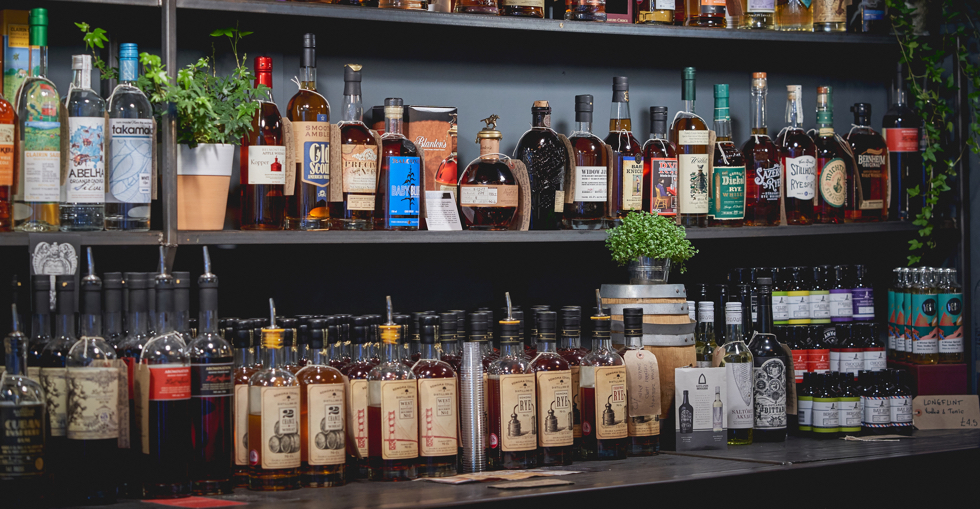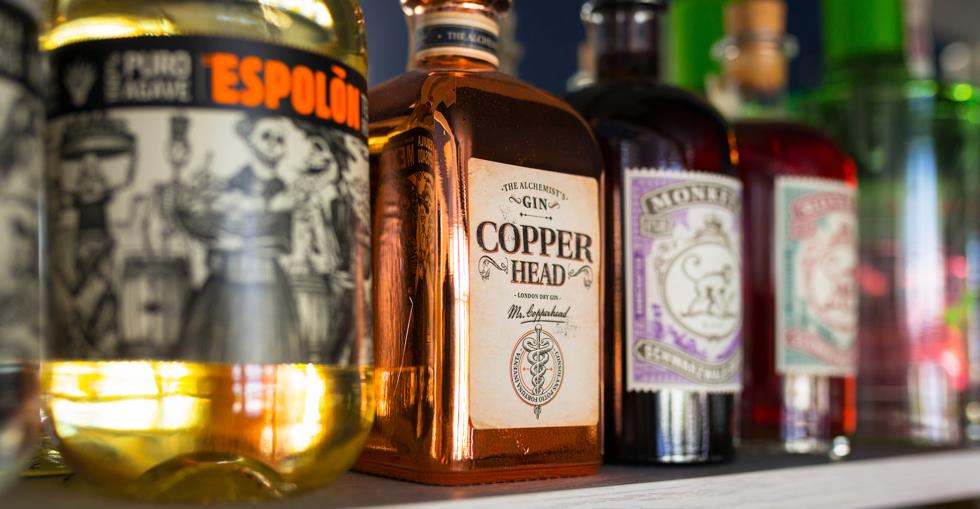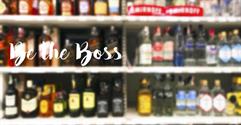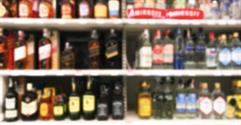There are many reasons why you might be considering selling your bottle shop.
Perhaps you're tired of the erratic hours and are looking for a more stable nine-to-five job. Maybe you're interested in pursuing a different entrepreneurial venture that would allow you to take more of a hands-off approach. Or maybe you're simply ready for retirement.
Whatever your reasons are for selling, it’s important to be fully prepared to ensure a smooth and successful exit.
Preparing for your exit
Hopefully you’ve been organising and preparing for your exit for some time now. If not, no worries! Here are some steps to get you moving in the right direction:
- Make sure you’re compliant with regulations: Review your current business permits and local zoning laws to make sure your business is up to date and in compliance with all applicable regulations.
- List the current value of all inventory and equipment: Value your inventory at its purchase price. To calculate an estimated value for your equipment, start with the purchase price and then subtract a reasonable amount for depreciation.
- Gather financial records: Compile all financial statements from the previous three years, including tax receipts and profit and loss statements.
- Update and repair: Look at your facility from the eyes of a potential buyer. Make sure it is clean and visually appealing. Consider installing new signage and conduct any necessary renovations and repairs.
- Expand your customer base: Continue to seek new patrons and build your business. Launch different promotions, reduced prices, and new products. The more you can boost revenue, the more profitable your business will appear to prospective buyers.
A thorough valuation
There are many factors that go into establishing the value of a bottle shop, including the location and size of the store. Take your time and hire professionals to determine the correct value for your store so that you will be able to sell your business for a fair price.
Other factors to consider in the valuation process:
- Value of all business assets: Business assets are any items that will be included in the sale such as liquor, computers, POS systems, refrigeration cases, furniture, and equipment.
- Supply and demand for liquor in the surrounding area: Keep in mind that customer base is a major factor in supply and demand at a bottle shop.
- Current market sales of similar liquor businesses: Consider recent sales of other similar bottle shops to analyse comparable properties and to determine the current market value of your facility.
- Your minimum price point: Assess your personal needs. Obviously, it’s best not to rush into a sale. But if you’re facing some sort of crisis or personal emergency and need to make a quick exit, decide ahead of time how much you are willing to drop your price.
The Small Business Administration estimates that a typical valuation method places the value of a liquor store at 40–50% of the store's annual revenues.
So, to find the approximate value for your bottle shop, first average your annual sales from the previous three years. Next, multiply this amount by 45% (or 0.45). Then, add the value of your inventory and equipment to that total.
Although you can use this method to calculate a basic value for your business, it’s highly recommended to enlist the help of professionals to appraise your property and to ensure an accurate and exhaustive valuation.
Remember, during the sales process, you will still have your hands full running a successful business. So, give yourself some peace of mind, and let the experts handle the detailed logistics of your exit.

Finding the right buyer
Finding the right buyer can be tricky for any business owner. One of the things you want to try to avoid is entertaining buyers who are noncommittal or unqualified. Your time is highly valuable, and you don’t want to waste it on window shoppers.
Consider hiring a business broker to help you weed through applicants and bring pre-qualified buyers to your doorstep. An experienced broker will also help you conduct due diligence and prepare necessary closing documents.
Be prepared to answer the following questions from potential buyers:
- What type of clientele is the surrounding community?
- Do your typical patrons seek innovative, premium alcoholic beverages, or are they more apt to purchase local craft beer?
- What is your primary competition, and how have you set your business apart?
Buyers want to see specific numbers related to your business regarding profit margins, the size of your customer database, and the amount of items you regularly stock in your inventory. Do your best to provide detailed information that highlights your success and entices buyers.
Selling your business can be a bit daunting. Visit here to find out how we can help you make a smoother transition from bottle shop owner to seller today.




